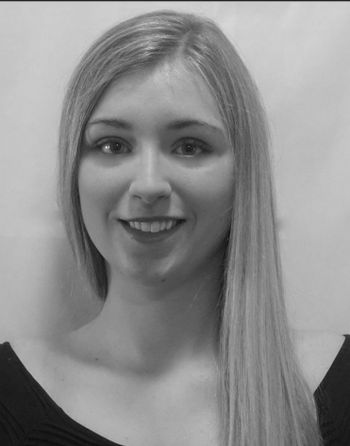SUNY to require DEI and social justice courses in fall 2023
SUNY faculty member observes that 'it seems as if higher education no longer values questions, debate, and dissent. Only groupthink, obedience, and submission will be tolerated.'
Students will study 'power dynamics in social structures, and the interplay of variables such as power, privilege, oppression, and opportunity.'
The State University of New York System (SUNY) has introduced a new Diversity, Equity, Inclusion, and Social Justice (DEISJ) requirement for all incoming students for the fall 2023 semester.
SUNY is comprised of 64 colleges and universities across the state of New York and accounts for over one-third of New York’s post-secondary student population.
The General Education (GE) guidelines were passed by the SUNY Board of Trustees in November 2021, and will now be required for associate and baccalaureate degree seekers enrolling in fall 2023.
The SUNY GE framework includes ten “knowledge and skills areas” intended to ensure students are capable of making “reasoned judgements outside as well as inside their academic field, and [enable] them to develop diverse perspectives and global understanding.”
[RELATED: UMich prepares to launch DEI 2.0]
Although each institution has the ability to tailor its DEISJ requirements to “include additional aspects of diversity,” there are set guidelines to which each course must adhere.
For example, a rubric drafted by SUNY faculty and administrators states that students in DEISJ classes are expected to “describe the historical and contemporary societal factors that shape the development of individual and group identity involving race, class, and gender.”
Students who earn excellent marks ought to be able to use “evidence-based logical argumentation to critically analyze manifestations of power dynamics in social structures, and the interplay of variables such as power, privilege, oppression, and opportunity,” according to the rubric.
The DEISJ courses will also require students to “apply the principles of rights, access, equity, and autonomous participation to past, current, or future social justice action.”
In order to better facilitate DEISJ learning, SUNY has also developed an asynchronous training program for faculty to help “develop new mindsets and strategies for more inclusive and equitable practices in classrooms and other learning environments.”
Professor Nicholas Giordano, a tenured faculty member of a SUNY institution and a Campus Reform Higher Education Fellow, has been a longtime critic of social justice initiatives in higher education.
Giordano contends “it is not [his] job to impose [his] beliefs or to indoctrinate the students. Rather, it is [his] duty to get [his] students to open up their minds, think critically, and challenge their preconceived biases.”
He further observes that “it seems as if higher education no longer values questions, debate, and dissent. Only groupthink, obedience, and submission will be tolerated.”
Follow Gabrielle M. Etzel on Twitter.

